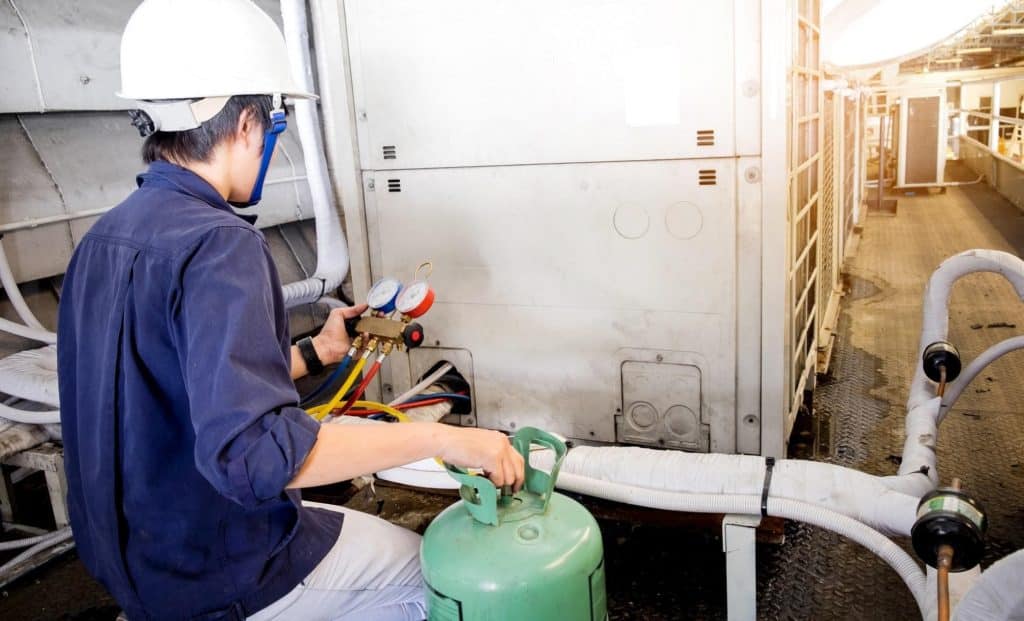What is a boiler service?
Commercial boilers are used for providing heating and warm water to an array of different establishments. Whether it’s schools, offices or factories, it’s important that a commercial boiler is functioning correctly. Due to this, it’s vital that commercial boilers are serviced to ensure that they’re fit for purpose.
How is a boiler serviced?
During a commercial boiler service, the engineer will carry out a number of checks to ensure that the boiler system is in a suitable condition. As a starting point, they will check that the boiler, pipework and flue are all fitted correctly and are in good enough condition to last until the next service. At this point, they will also look at all internal and external components, checking that there’s no sign of leaks or corrosion, and that the flame in the boiler is igniting as it should be and the ventilation is working correctly.
After the commercial boiler casing is removed, the engineer will focus on the condition of every internal component. This includes the electrical connections, gas pressure, electrodes, combustion, burner, main injector, heat exchanger, fans, spark probe, seals, condensate trap and pipe and any safety devices that are dependent on the make and model of the boiler. The interior of the boiler can then be cleaned to remove any debris or potential blockages.
To complete the service, the engineer will perform a test of the industrial boiler to check that it’s working as it should be. A fault could be a breach of regulations which needs to be corrected, a minor technical issue which could lead to damage to the boiler or a more serious problem which could put people in the vicinity in danger. If there are any faults during this test, they will be noted in the thorough report that the engineer will put together during the service.
A commercial boiler will also require checks against any regulations that cover usage in non-domestic establishments such as building regulations, water by-laws, gas safety regulations and British and European standards.

How long does it take to service a boiler?
As commercial boilers vary in terms of the type, size, system, pipework, usage and location, the duration of servicing is difficult to quantify; it could take several hours for a complete service.
How often should a boiler be serviced?
On average, a commercial boiler will last somewhere between 10 and 15 years before needing to be entirely replaced. As it’s often something that functions in the background and doesn’t require constant maintenance, many business owners and users may disregard their commercial boiler, assuming that it’s not worth worrying about if it’s working without any problems.
However, given the heavy duty use of commercial boilers, wear and tear is inevitable, so regular servicing is required to ensure it’s running as it should be. As a general rule of thumb, it would be advisable to get your commercial boiler serviced at least once a year.
Why is regular servicing of your commercial boiler important?
If a domestic boiler were to break down, your home wouldn’t be sufficiently heated and you wouldn’t be able to get warm water from your hot tap. Although this would be an inconvenience, it’s even more devastating in commercial environments such as hospitals, hotels or schools. Additionally, if it’s being utilised for producing warm water in an environment that requires it to function such as a gym or swimming pool, a malfunctioning boiler is a critical issue.
Along with ensuring that your commercial boiler is working as it should be, it’s also important to get it regularly serviced to cut repair costs, reduce energy bills, avoid legal issues, maintain its warranty and insurance, catch faults before they worsen and check that there’s no serious dangers that could cause harm to users.